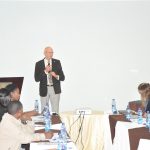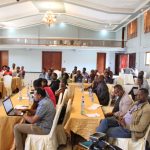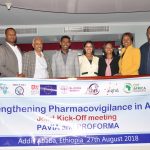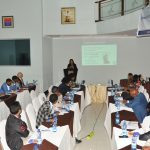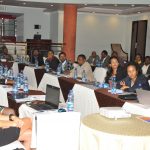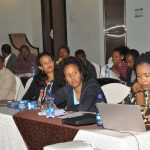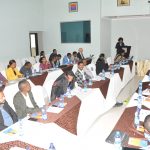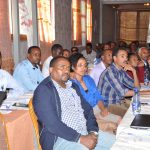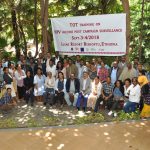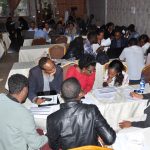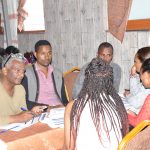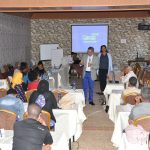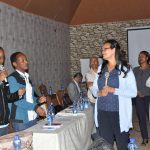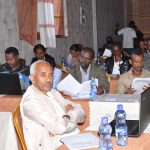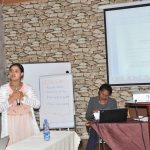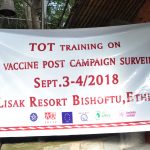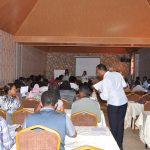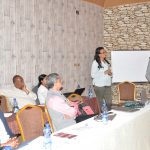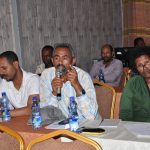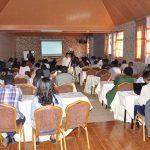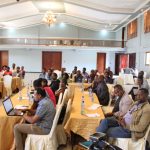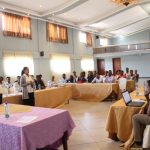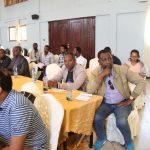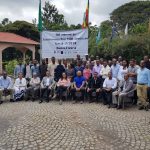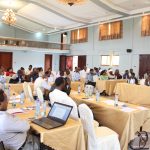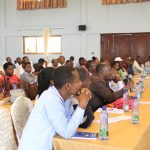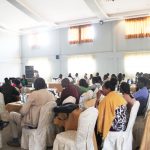Past events Ethiopia
PROFORMA Country Launch & BLA – Ethiopia
The baseline assessment in Ethiopia was conducted during 27th to 31st August. Similar to Tanzania, the BLA activity started with an in the country launch. In Ethiopia, the NMRA, Food, Medicine and Health Care Administration and Control Authority (FMHACA) was assessed. Other institutions/facilities that were included in the assessment were MAHs, the teaching hospital university, Health facilities as well as NTD and EPI PHPs. The BLA in Ethiopia was also done in collaboration with PAVIA as well.
Active safety surveillance of HPV vaccine in Ethiopia
HPV Training in Ethiopia
There was a two-day HPV training in Bischoftu, Ethiopia. The training included immunization officers, health care workers, and teachers because the HPV vaccinations will be done in schools. During the training, the Ethiopian Programme for Immunization (EPI) presented the overview of the programme, their strengths and challenges, and the planned HPV campaign. The highlight of the training was on adverse events following immunization and the safety monitoring as well as reporting of adverse events.
Closer to the HPV campaign and data collection, all data collectors were trained and were familiarized with the study protocol and application the will be used for data collection.
Active Cohort Event Monitoring of MDA for prevention and control of Schistosomiasis- in Ethiopia
The training was done in Hawasa, which is one of the study sites. It was a two-day training which included health care workers, community health extension workers, community drug distributors amongst others, staff of the neglected tropical diseases (NTD) program coordinators in the region. The epidemiology of schistosomiasis including the burden of the disease and the Ethiopian national MDA campaign and activities were presented. The importance and need for active surveillance and reporting were discussed thoroughly. The study protocol and implementation of the study procedures were explained.
On-site training on the diagnosis of schistosomiasis infection using Kato-Katz for laboratory technicians and training for data collectors was done on —- and —– November. The aim of the training was to provide a refresher for the data collectors just before the commencement of data collection activities. This will be followed by prescreening of Schistosomiasis and subsequently by MDA and safety monitoring.
Updated by:
Webmaster 2019-02-05

